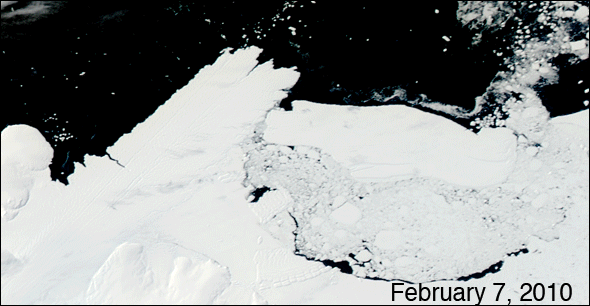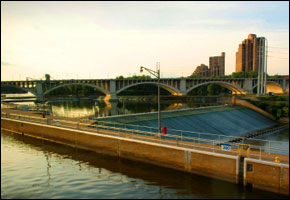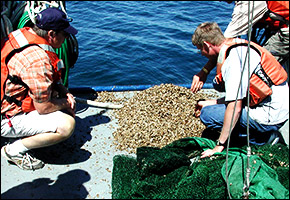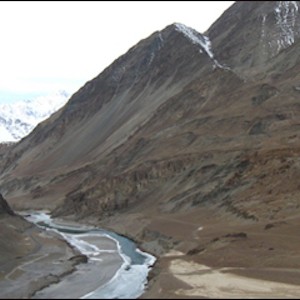‘Superberg’ Detaches from Antarctic Glacier, Could Disrupt Ocean Currents
The detachment of a giant iceberg, though not directly related to climate change, could slow global ocean circulation.

A giant iceberg collided with a branch of the Mertz Glacier in east Antarctica earlier this month, breaking off a 965-square-mile ‘superberg,’ The Sydney Morning Herald reports.
Australian and French scientists said that the two icebergs could disrupt global ocean circulation currents, changing heat distribution patterns and lowering oxygen levels.
“The calving (break) itself hasn’t been directly linked to climate change but it is related to the natural processes occurring on the ice sheet,” Rob Massom, a Tasmania-based senior scientist at the Australian Antarctic Division and the Antarctic Climate and Ecosystems Cooperative Research Center, told Reuters.
This natural calving stands in stark contrast to the recent, rapid ice shelf break-off from rising temperatures in the Antarctic peninsula, according to Australian Antarctic Division Glaciologist Neal Young.
At 48 miles long and about 24 miles wide, the new iceberg holds roughly 20 percent of the world’s annual water use, Young told the Associated Press.
The two icebergs are now drifting together about 60 to 90 miles off the coast of Antarctica.
Scientists worry about global ocean currents because the newly-detached iceberg had previously helped protect a polynya, an ice-free area of water.
Twenty-five percent of Antarctic bottom water originated in the polynya, making it a key driver of ocean circulation, Massom told the Herald. If sea ice fills in the polynya, or if the ‘superberg’ blocks it, the dense, cold sinking water could be cut off above the ocean floor, causing slow-ocean bottom currents. These ocean currents move heat around the world, and feed deep currents that distribute oxygen. Changes could have devastating effects.
“There may be regions of the world’s oceans that lose oxygen, and then of course most of the life there will die,” Mario Hoppema, chemical oceanographer at the Alfred Wegener Institute for Polar and Marine Research in Germany, told the Associated Press.
But the potentially dangerous oxygen-level variations also hold research opportunities.
Observing what happens “will … allow us to improve predictions of future climate change,” leading climate expert Steve Rintoul told the AP.
Sources: The Sydney Morning Herald, Reuters, Associated Press
is a Washington, D.C–based correspondent for Circle of Blue. He graduated from DePauw University as a Media Fellow with a B.A. in Conflict Studies. He co-writes The Stream, a daily summary of global water news.









Big changes…Big Big Changes…
Has this ever happened before? I’d imagine it has and life in those areas is still around….